Natalie Harkin: 'Archival-Poetics'
Reading and Listening Group
Join us for a series of three reading and listening group sessions occurring throughout Yhonnie Scarce’s exhibition Missile Park. Each of the three sessions will explore one chapbook from Narungga woman and activist-poet Dr. Natalie Harkin’s three-part publication Archival-Poetics.
Immersed in the gallery space, we will take turns to read the poetry of Dr. Harkin out loud to share and explore these words together. No prior preparation is required and you can join as a reader, or listener, or both.
Join us for one session, two, or all three—a communal copy of the book will be provided for these sessions. If you’d like to pick up your own copy you can purchase limited stock from the IMA Gallery Shop.
Week 1: Colonial Archive
Thursday 12 August, 6–7pm [NEW DATE]
In Colonial Archive, a small spotlight is shone unto the state—its institutions, systems, and processes that generate and maintain fantasy-discourses and representations that silence suppress and exclude. Do counter-narratives repatriate ‘something else’? Can new offerings carry us forward and beyond the colonial archive?
Week 2: Haunting
Thursday 26 August, 6–7pm
In Haunting, we open ourselves to the uncanny, to the spectres of Colonialism that are acutely felt and known. Presence here bears witness to absence, to the unfinished. To escape, to abscond, is not without restless wandering. What lies between history’s gaps/ silences / absences/ and active erasures? What lies beyond?
Week 3: Blood Memory
Thursday 9 September, 6–7pm
In Blood Memory, we are prepared by warning—by blood-memory lessons that are embodied and embody, that remember and re-member. There is a timelessness that is unending, a poetic journey without beginning or end. Is it here that we listen to our blood?
About Archival Poetics
Dr. Natalie Harkin’s Archival-Poetics is an embodied reckoning with the State’s colonial archive and the traumatic, contested, and buried episodes of history that inevitably return to haunt. Although Archival-Poetics engages ways of knowing and being that guide us toward something restorative, transformative, honouring and/or just, there persists questions surrounding surveillance, representation and agency.
At the heart of Dr. Harkin’s work lies family records—personal and familial accounts that highlight historical policy measures that targeted Aboriginal girls for removal into indentured domestic labour. This is a shared story: a decolonising project that emerges through poetic refusal, resistance and memory-making. It is our memory that is carried in the blood, and it does not always flow easily.
Accessibility information:
We are committed to making the IMA accessible to people of all abilities, their families, and carers as well as visitors of different ages and different backgrounds. There is wheelchair access and an accessible toilet with baby changing facilities also located on the ground floor and we welcome guide and support dogs. To find out more contact us at ima@ima.org.au or call 07 3252 5750. Read our access information for visitors here.
COVID safety advice:
—Please wear a mask and check-in on arrival as per government advice
—Stay at home if unwell or have a cough, fever, sore throat, fatigue or shortness of breath.
—If you become unwell during the event locate an IMA staff member.
—Maintaining physical distancing is the individual’s responsibility.






